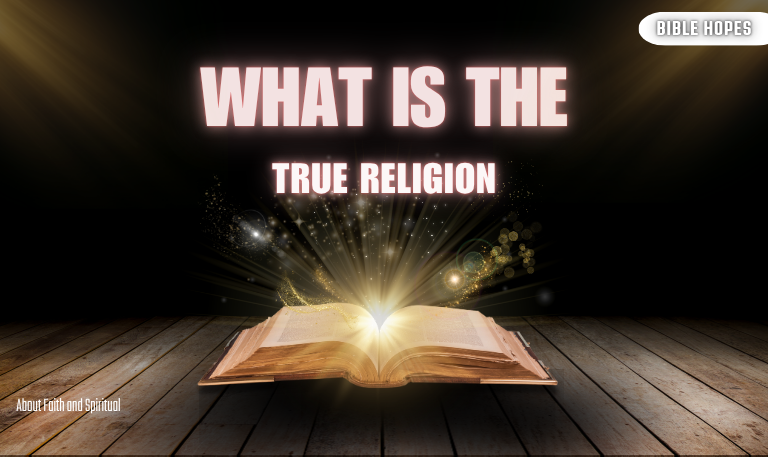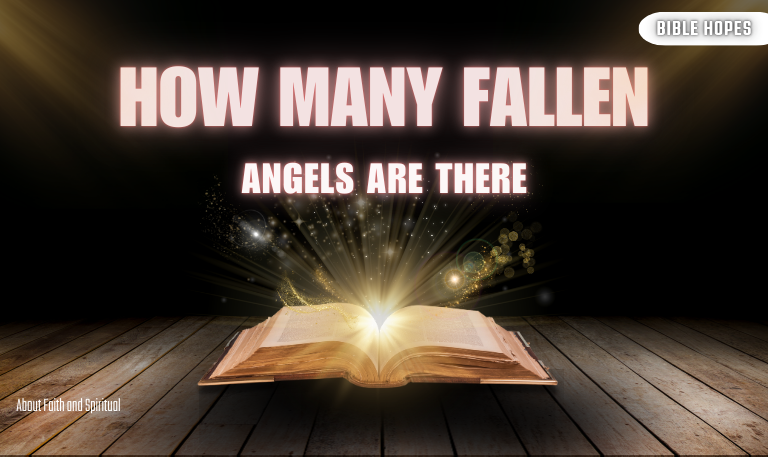Religion has been a fundamental part of human existence since the dawn of civilization. Across cultures and centuries, people have sought meaning, purpose, and connection with something greater than themselves. But with thousands of religions worldwide, each claiming to hold the ultimate truth, many wonder: What is the true religion? This question is more than academic—it touches on personal faith, cultural identity, and profound spiritual longing. In this guide, we will explore the concept of true religion from historical, theological, philosophical, and personal perspectives, helping you navigate the complexity and find clarity on your spiritual journey.
What Does “True Religion” Mean?
Before diving into religions, it’s vital to clarify what “true religion” means.
True Religion refers to a faith or belief system that accurately represents spiritual reality or divine truth.
It often implies an exclusive claim to ultimate spiritual authority, salvation, or enlightenment.
Definitions vary widely across traditions and individuals, influenced by culture, theology, and personal experience.
Read Also: Is Oral Sex a Sin
Overview of Major World Religions and Their Truth Claims
To understand what might constitute true religion, let’s briefly examine the core beliefs and truth claims of some of the world’s major religions.
Christianity
Believes in one God manifested in the Trinity: Father, Son (Jesus Christ), and Holy Spirit.
Jesus is seen as the Son of God, the Savior who redeems humanity.
The Bible is the divinely inspired scripture.
Claims to offer salvation through faith in Jesus Christ (John 14:6).
Islam
Belief in one God (Allah), with Muhammad as His final prophet.
The Quran is the literal word of God.
Teaches submission (Islam) to God’s will as the path to salvation.
Emphasizes the Five Pillars of Islam as religious duties.
Judaism
Monotheistic faith centered on a covenant between God and the Jewish people.
The Torah (Law) is the primary scripture.
Focus on living a life according to God’s commandments.
Views itself as chosen for a unique relationship with God.
Hinduism
Polytheistic and monotheistic elements.
Belief in karma, dharma, reincarnation, and moksha (liberation).
Sacred texts include the Vedas, Upanishads, and Bhagavad Gita.
Diverse paths to spiritual realization.
Buddhism
Founded on the teachings of Siddhartha Gautama (the Buddha).
Focuses on the Four Noble Truths and the Eightfold Path to end suffering.
Emphasizes enlightenment (nirvana) through personal insight.
Does not center on worship of gods but on inner transformation.
Criteria to Identify the True Religion
Many scholars and seekers use several criteria to evaluate which religion might be the “true” one.
1. Authenticity of Divine Revelation
Is the religion based on credible divine revelation or prophetic insight?
Are the scriptures historically reliable and spiritually profound?
2. Consistency and Coherence
Does the religion’s doctrine form a consistent worldview without contradictions?
Are moral teachings and rituals coherent with its spiritual claims?
3. Transformative Power
Does adherence lead to positive transformation in individuals and societies?
Are there testimonies of moral growth, peace, and fulfillment?
4. Universality and Accessibility
Can the religion’s truth be accessed and understood universally?
Is it inclusive or exclusive in its claims?
5. Fulfilled Prophecies and Miracles
Are there verifiable signs that support the religion’s divine claims?
Historical prophecies fulfilled or supernatural events witnessed?
Comparative Analysis: Common Themes and Divergences
Despite differences, many religions share core elements that suggest common spiritual truths.
Shared Beliefs Across Religions
Existence of a higher power or ultimate reality.
Moral codes guiding human behavior.
Belief in life after death or spiritual continuation.
Importance of prayer, meditation, or worship.
Diverging Beliefs
Nature and identity of God or gods.
The means of salvation or liberation.
Role of rituals, law, and community.
Exclusivity of truth claims.
Philosophical and Scientific Perspectives on True Religion
Philosophical Arguments Supporting Religion
Cosmological Argument: The universe must have a first cause (God).
Teleological Argument: The design and order in the universe imply a designer.
Moral Argument: Objective moral values point to a moral lawgiver.
Critiques and Challenges
Problem of evil and suffering.
Scientific explanations of natural phenomena.
Religious pluralism and relativism.
Science and Religion: Friends or Foes?
Many argue science and religion address different questions—empirical vs. existential.
Religious faith often complements scientific inquiry.
Personal Faith and Spiritual Experience
The Role of Personal Experience
Many true religion seekers cite personal spiritual experiences as key.
Mystical encounters, answered prayers, and inner peace.
Doubt and Exploration
Doubt can lead to deeper understanding.
Exploration includes reading, dialogue, and contemplation.
Read Also: Bible Verses of the Day
Practical Steps for Spiritual Seekers
Study sacred texts with an open mind.
Engage with practitioners and communities.
Reflect through meditation or prayer.
Observe the impact of beliefs on daily life.
What Is The True Religion FAQs
Q: What defines the “true religion”?
A: True religion is generally defined as a belief system that accurately reveals spiritual truth, leads to moral transformation, and provides a reliable path to ultimate reality or salvation.
Q: Can one religion be true and others false?
A: Many religions claim exclusivity; however, some scholars propose that multiple religions may reflect different aspects of the same ultimate truth.
Q: How do I know if a religion is true for me?
A: Assess how its teachings resonate with your experience, its moral impact, and whether it provides meaningful answers to your spiritual questions.
Q: Is religion necessary for spirituality?
A: Not necessarily. Spirituality can be personal and independent of organized religion, though religion often provides structure and community.
Q: Can science and true religion coexist?
A: Yes. Science explains natural phenomena, while religion addresses meaning, purpose, and moral values.
Q: What are the signs of a true religion?
A: Consistency, transformative power, credible revelation, ethical guidance, and fulfillment of spiritual promises.
Q; Why do different religions claim to be the true one?
A: Religious truth claims often reflect the unique historical, cultural, and theological contexts of each faith tradition.
Q: What role do miracles play in confirming true religion?
A: Miracles are considered signs of divine intervention validating the authenticity of religious teachings.
Conclusion
The search for the true religion is a deeply personal journey shaped by history, culture, reason, and experience. While no simple answer fits all, exploring different faiths, examining criteria for truth, and reflecting on personal spiritual needs can guide you toward greater clarity. True religion may ultimately be less about intellectual agreement and more about authentic transformation and connection with the divine—however you conceive it.



![15 Pink Bible Verses | Discover Meaning, Love [2025 Guide] 5 15-Pink-Bible-Verses-Discover-Meaning,-Love-[2025-Guide]](https://biblehopes.com/wp-content/uploads/2025/05/15-Pink-Bible-Verses-Discover-Meaning-Love-2025-Guide.png)